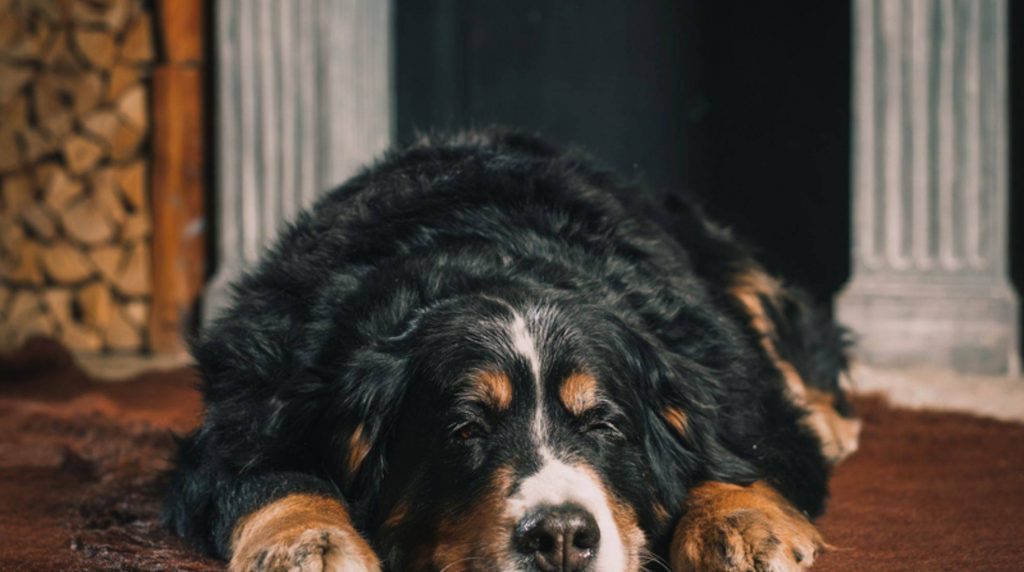The Bernese Mountain Dog is a prevalent breed with its gentle, good-natured nature. Unfortunately, his size means he often has health problems, and his life expectancy is low compared to other dogs. Diseases affecting the joints, in particular, are a problem for the Bernese.

The following tips will help you take better care of your Bernese Mountain Dog’s health and prevent avoidable diseases. It would help if you only bought your Bernese Mountain Dog from a reputable, responsible breeder. He takes care to avoid hereditary conditions typical for this breed as far as possible. In addition, the puppies grow up lovingly and species-appropriately with good breeders, so the risk of later behavioural problems is shallow.
Bernese mountain dog: animal health and life expectancy
The average life expectancy of the Bernese Mountain Dog is only six to eight years. However, you can contribute to his health to make his life as long and beautiful as possible. Avoid obesity, for example, by feeding your Bernese animal appropriately and keeping him physically busy according to his abilities. Quality food generally has a significant impact on the lifespan and quality of dogs (and other creatures). For your four-legged friend to remain happy, he also needs mental activity.
As your Bernese Mountain Dog begins to age, regular check-ups with the vet are in order. In this way, any chronic diseases can be detected early and treated better. If you think that your dog is acting differently than usual and seems weaker or in pain, do not hesitate to take him to the vet. The same applies to acute health problems: the sooner they are discovered, the greater the chances of recovery.
HD, ED and Co.: Joint diseases in the Bernese Mountain Dog
Like most large dog breeds, Bernese Mountain Dogs are prone to hip dysplasia (HD) and elbow dysplasia (ED). The dysplasias are malformations of the skeleton in which the femurs are insufficiently positioned in the joint socket and cannot find adequate support there. Hip dysplasia refers to the hind legs, while elbow dysplasia refers to the front legs. In addition to a genetic predisposition, possible causes are too fast growth, incorrect loads in the first months of life and too high-calorie feed. Being overweight can make these diseases worse.
The Bernese Mountain Dog can also suffer from a skeletal developmental disorder called osteochondrosis dissecans (OCD). This is an inherited condition in which young dogs’ cartilage does not ossify properly.
Renal insufficiency in Bernese Mountain Dogs
Many dogs suffer from kidney failure in old age, but the Bernese Mountain Dog seems to be prone to developing it at a younger age. Watch out for bad breath, loss of appetite, increased thirst and fatigue. Inflammation in the mouth increases the urge to urinate, and vomiting can also indicate kidney failure. If you suspect it, you should consult a veterinarian as soon as possible so that the course of the disease can be delayed and the quality of life of your four-legged friend can be improved.
Are Bernese Mountain Dogs Prone to Cancer?
Sadly, the Bernese Mountain Dog is quite prone to cancer and tumours. Above all, the form of cancer “malignant histiocytosis” can often be observed in this dog breed. It can affect the skin and manifest itself as lumps under the skin, hair loss and plaque formation. However, a generalised form also affects the whole body, especially the liver, lungs, and lymph nodes. Affected dogs lose weight, appear weak, lose their appetite and have breathing problems.









